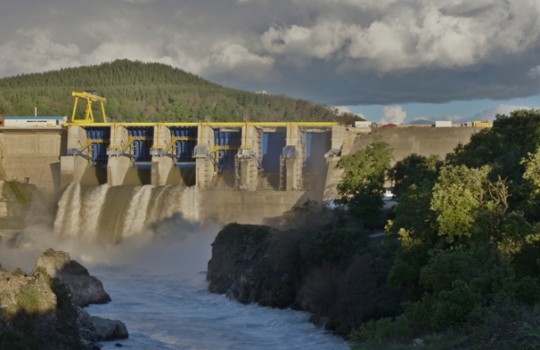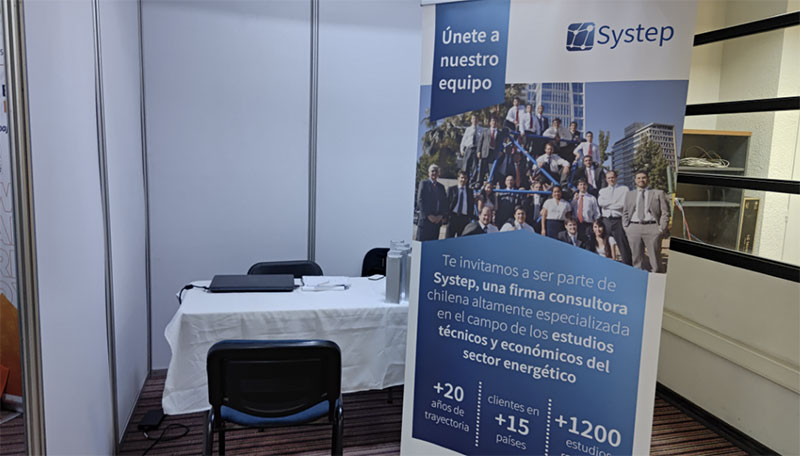
For the most part, existing power plants could offer more competitive prices than firms with new initiatives.
Endesa, Colbún and Gener would be the big winners of bidding process
There will be a great competition today -from 9:00 a.m. onwards- in the electricity supply tenders for regulated customers. But this will be mainly among existing generators, especially Endesa, Colbún and AES Gener, according to industry estimates.
Just as the 2014 and 2015 processes received mainly new projects, these three companies are now expected to bid on existing projects -all of them have a significant portion of their contracts expiring-, so they will be able to submit competitive prices. This is because its main advantage is that the investment is already depreciated.
“This tender is not explained because demand is growing, but mainly by the expiration of contracts,” says Rodrigo Jiménez, general manager of Systep. He argues that in the last two tenders new capacity was added to the system. To this he adds that the alternative for large companies to sell to the free (or spot) market is not attractive to them. This, in a context in which demand is growing at a slower rate than expected and fuel prices – diesel, gas and coal – have fallen sharply, and marginal costs have also been reduced. “Unlike other players in the market, they have assets that are already working, and they have the possibility of being much more competitive,” he says.
This has already been noted in the electricity industry. As “El Mercurio” published last week, the renewable energy association (Acera) stated that these tenders could have an effect on new investments, in the sense that if most of the capacity is awarded to existing plants, few new projects will enter the market.
Sources from other companies seeking to bid today have also revealed that there are a number of aspects of the process that show that the incumbents would be favored. The government would have mitigated the risk of these companies not being awarded blocks, considering that they have operational initiatives. However, there are still two auctions defined for the next few years that would seek to incorporate more new investment.





